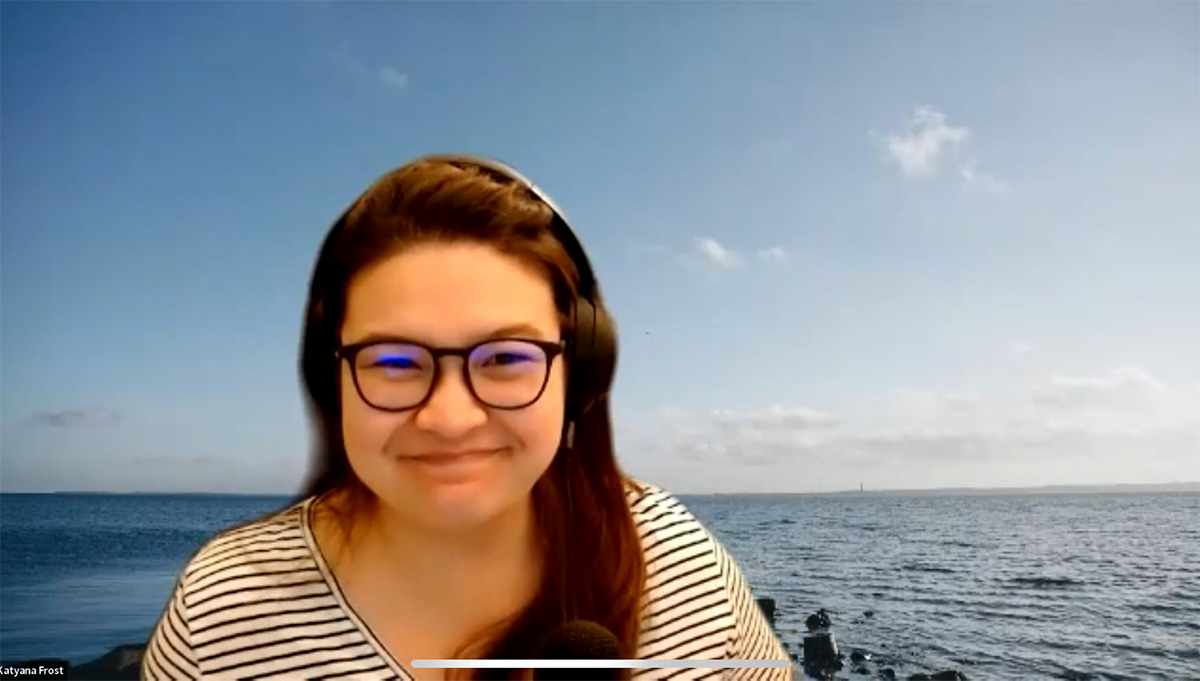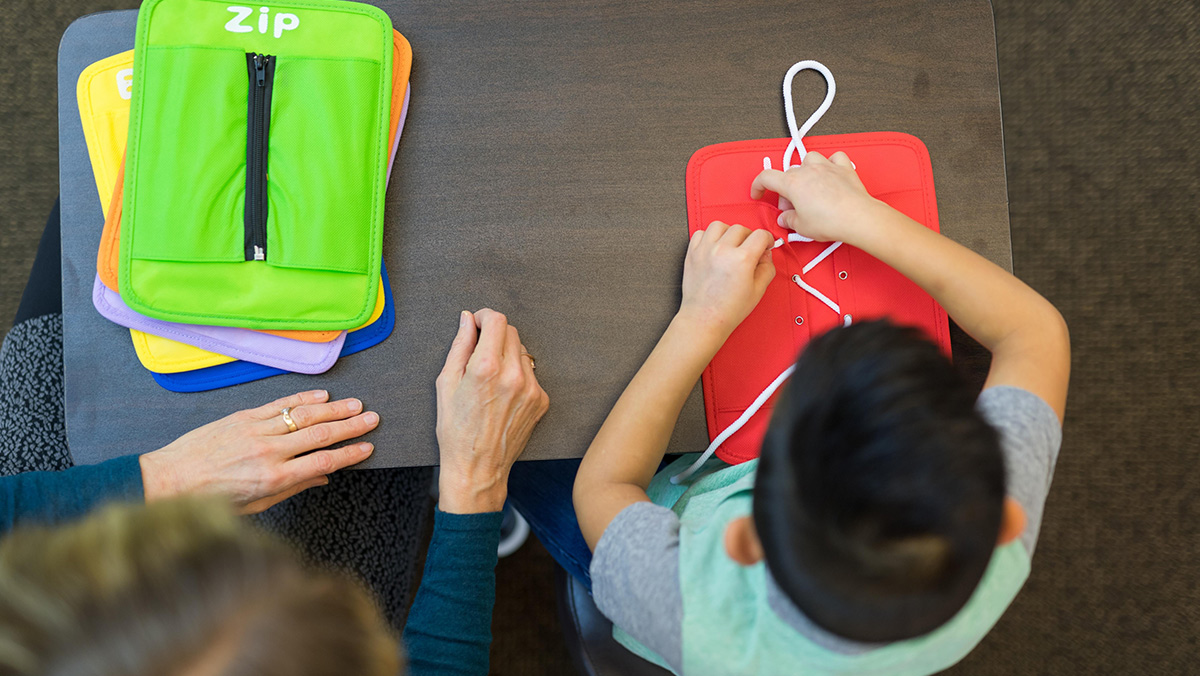Free Webinar by Taarana Offers Advice on Special Needs Assessment
“The ultimate goal of early detection is to ensure children access early intervention or treatment.”
A free webinar on detecting children’s special needs and identifying the next steps was recently organised by Taarana School.
The webinar – ‘The Importance of Getting a Diagnosis and Moving Forward’ – was presented by Katyana Azman, a psychologist at Pantai Hospital Kuala Lumpur.
Aimed at creating awareness among parents, teachers and the public, Katyana said mental health problems in children might be reflected as difficulties in psychological and emotional development, social relationships and behaviour.
She weighed in on how to best assess and diagnose various issues that impact children’s focus, the process of learning, and developmental delays.
“In Asia, there is this belief that mental health issues are adult problems,” Katyana said. “When I have young people referred to me, the first thing I often hear teachers and parents says is, ‘What does a five-year-old have to be depressed about, or what does a 12-year-old have to be anxious about?’
“The ultimate goal of early detection and diagnosis is to ensure that children with a range of disorders have access to early intervention or treatment. Parents would also not want to be left without professional support,” she added.

The specialist touched on a broad range of disorders in her hour-long presentation and expounded on the “common foes” she deals with through her work with young people.
These illnesses include attentional disorders like Attention Deficit Disorder (ADD), learning difficulties like Dyslexia, speech and language delays, developmental delays such as Autism Spectrum Disorder, and depressive or anxiety disorders.
Katyana reassured the participants that “there are many options you can explore to care for your child. Contrary to popular belief, Malaysia has caught up quite well with the support we can provide our children.
“Services and information are available through several avenues such as government or private healthcare facilities, independent clinics, and mental health NGOs and hotlines.”
The psychologist also noted that no one treatment approach is superior to the other. For example, medications may show results quicker but are often short-term. Conversely, talk therapy takes longer but works to encourage long-term change.
“The gold standard is a combination of both. If necessary, a child could go on medication and receive therapy. Eventually, the child can be taken off medication, and the therapy techniques would have provided support for long-term change.”

